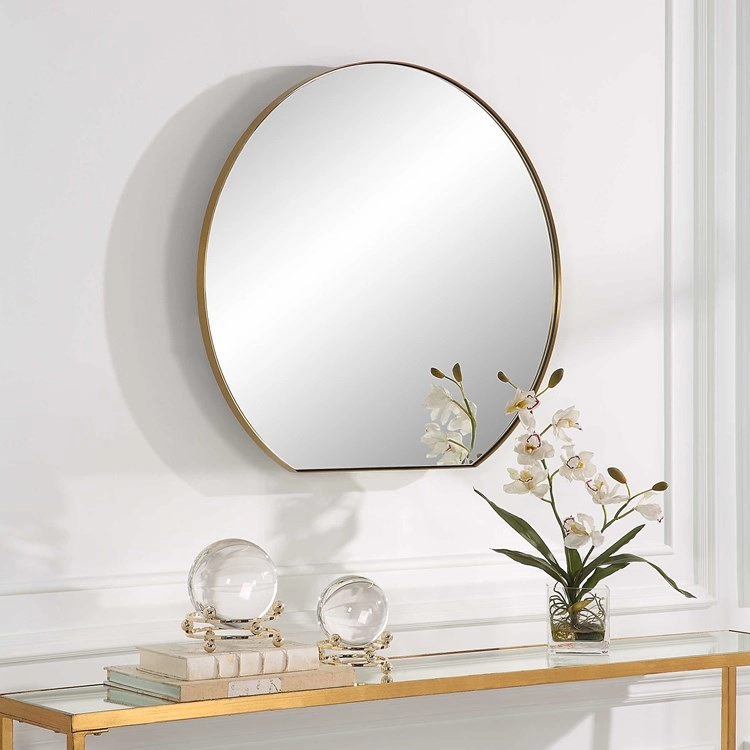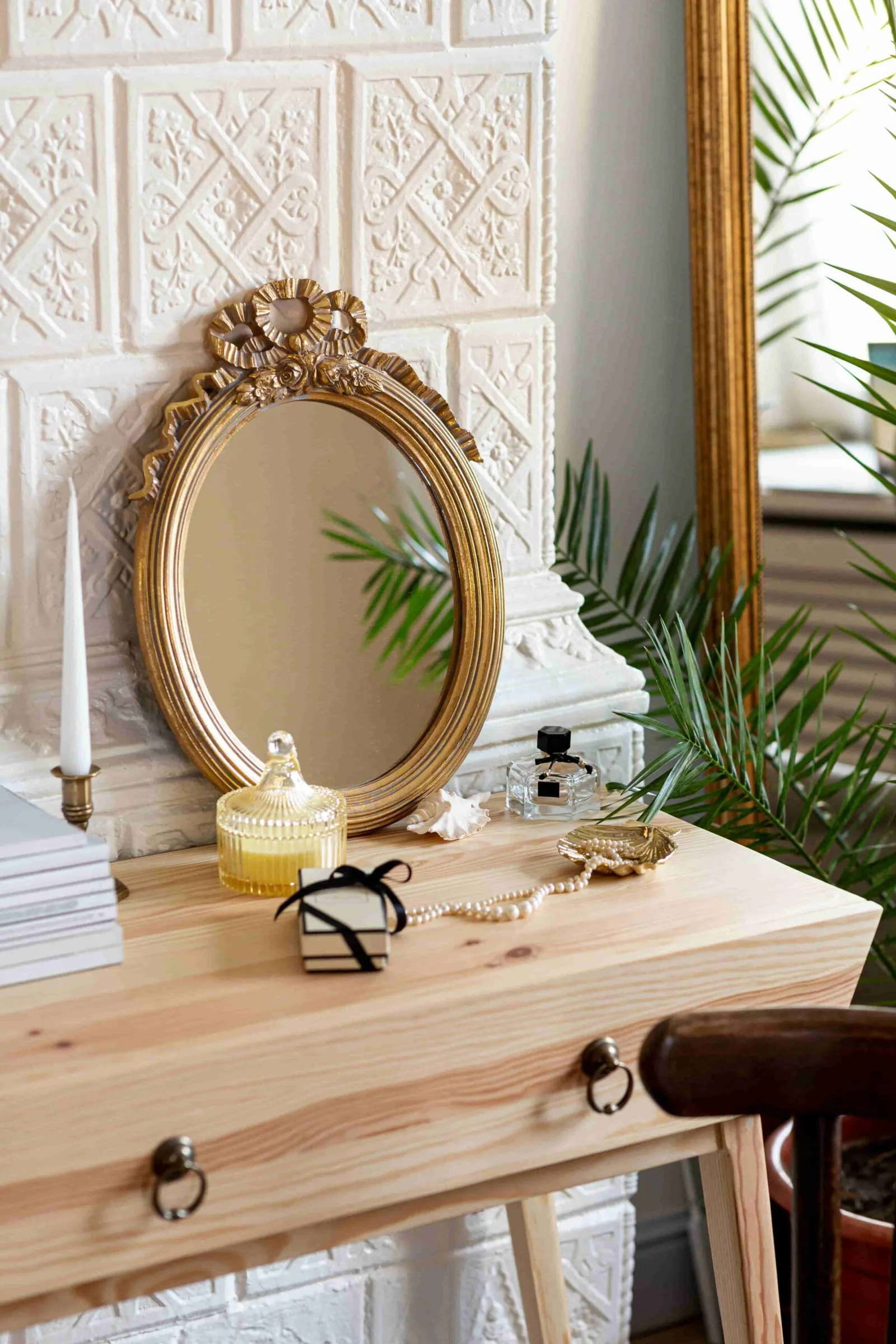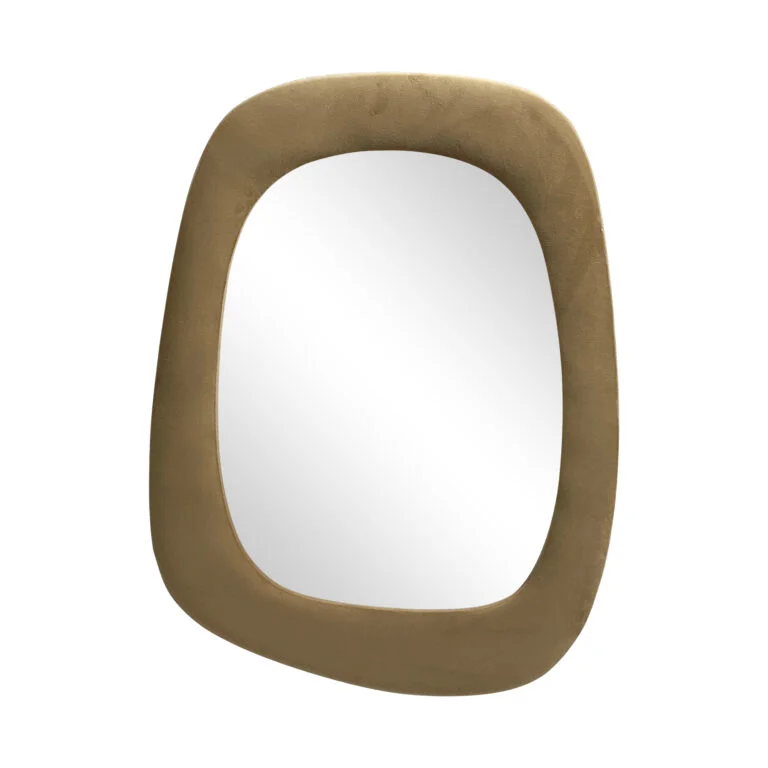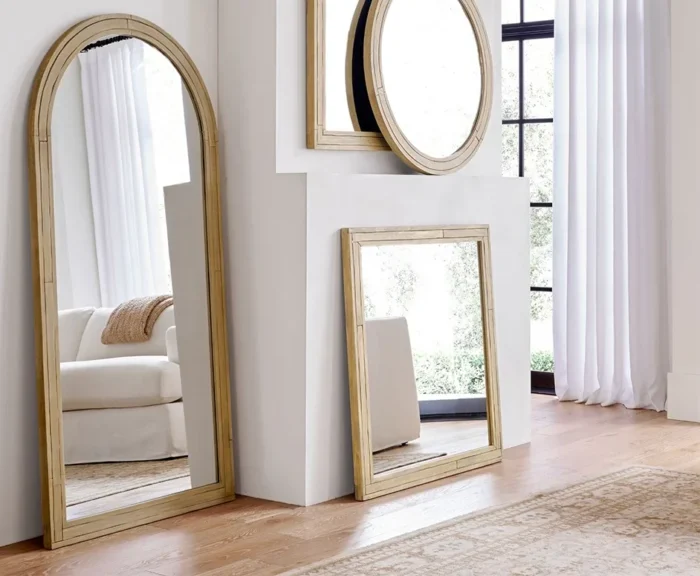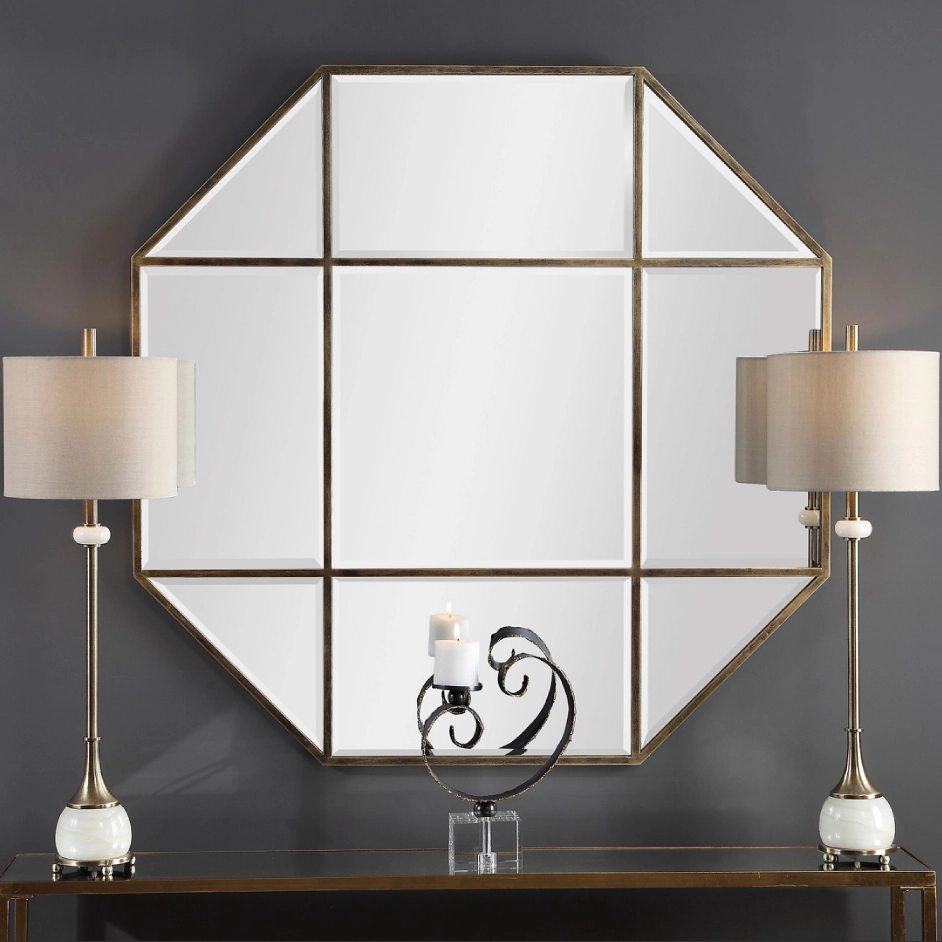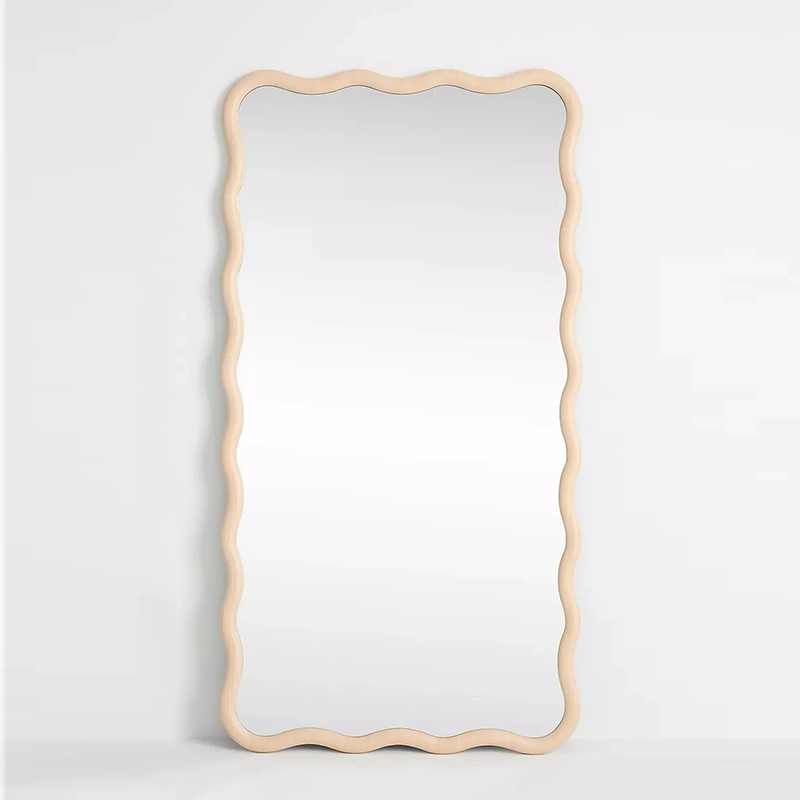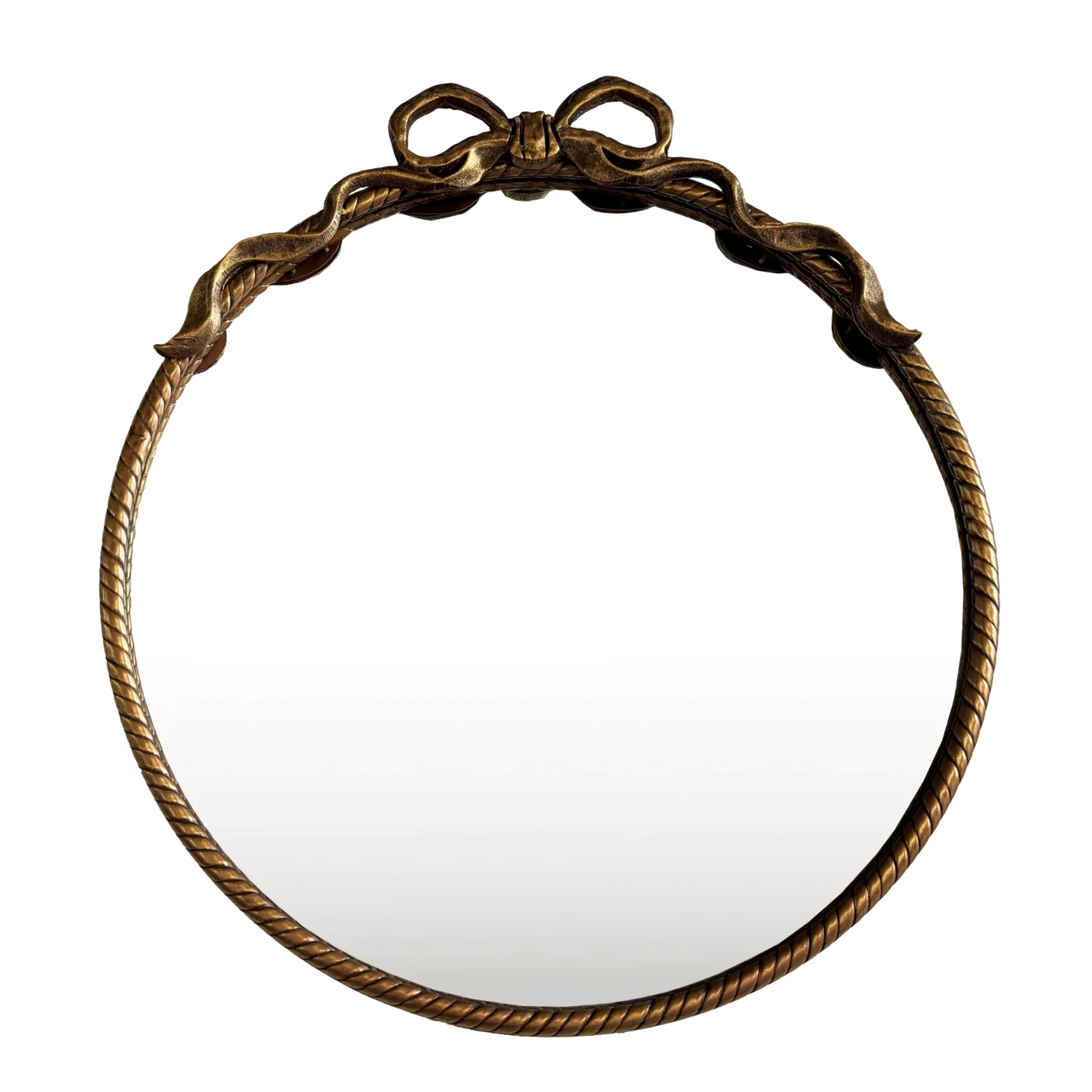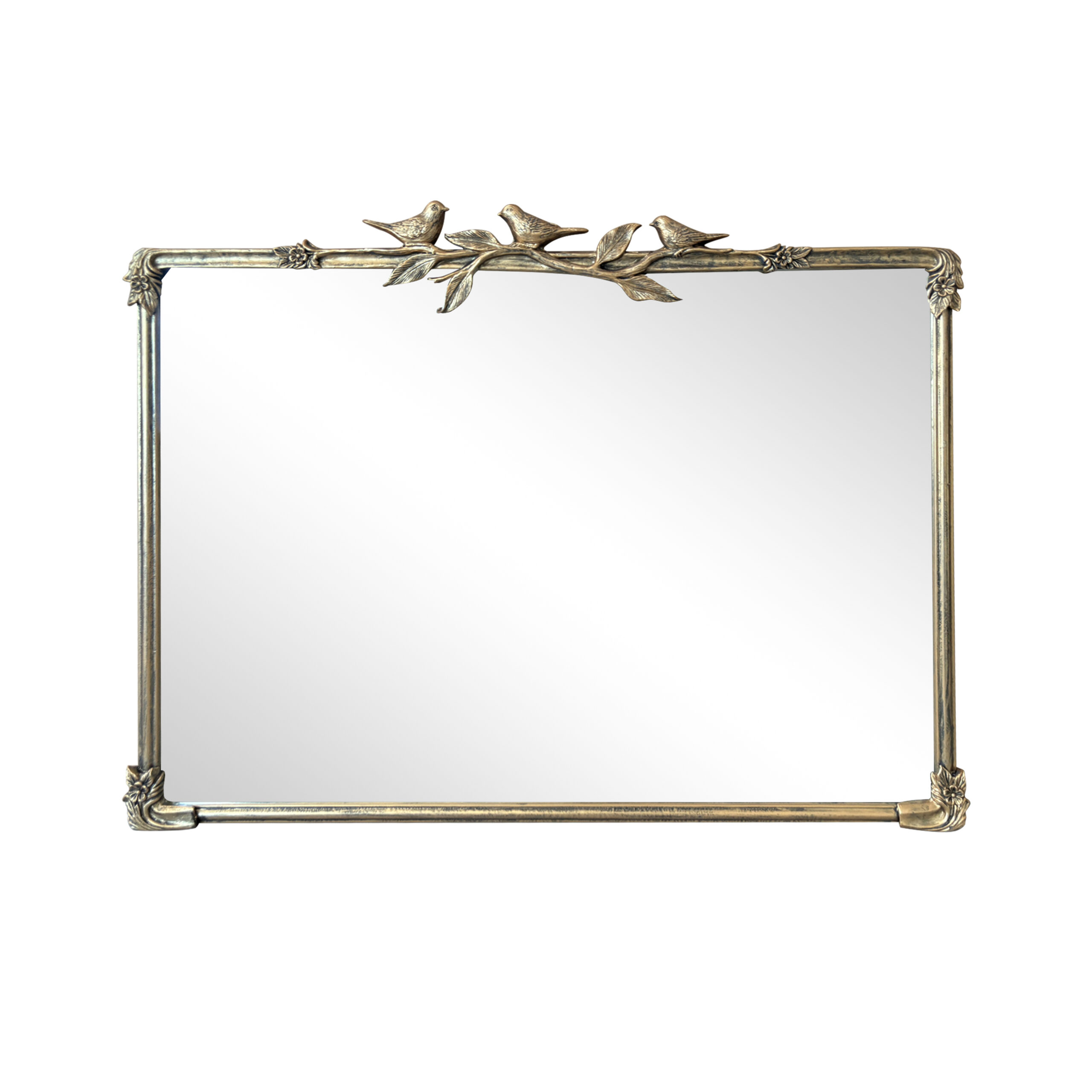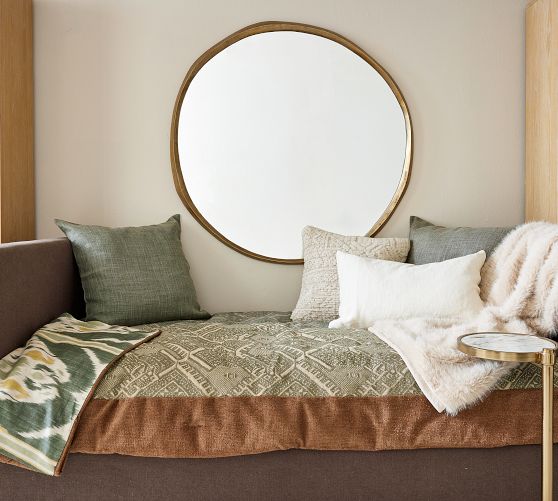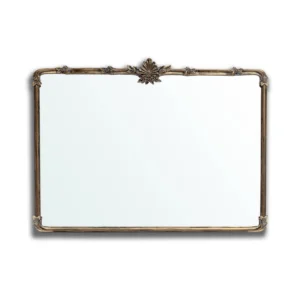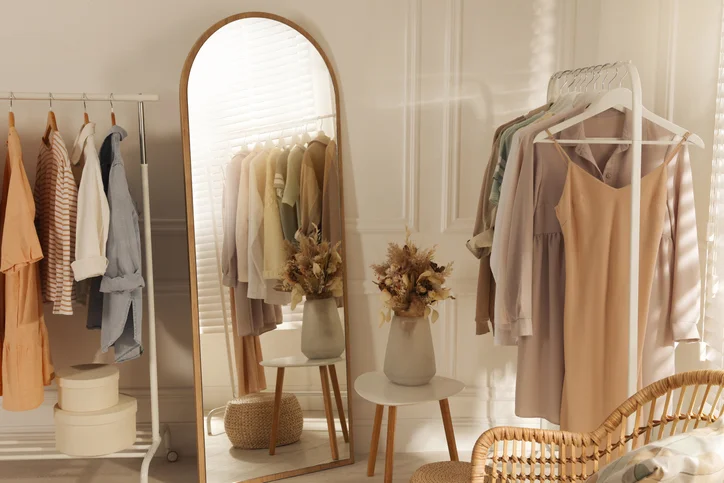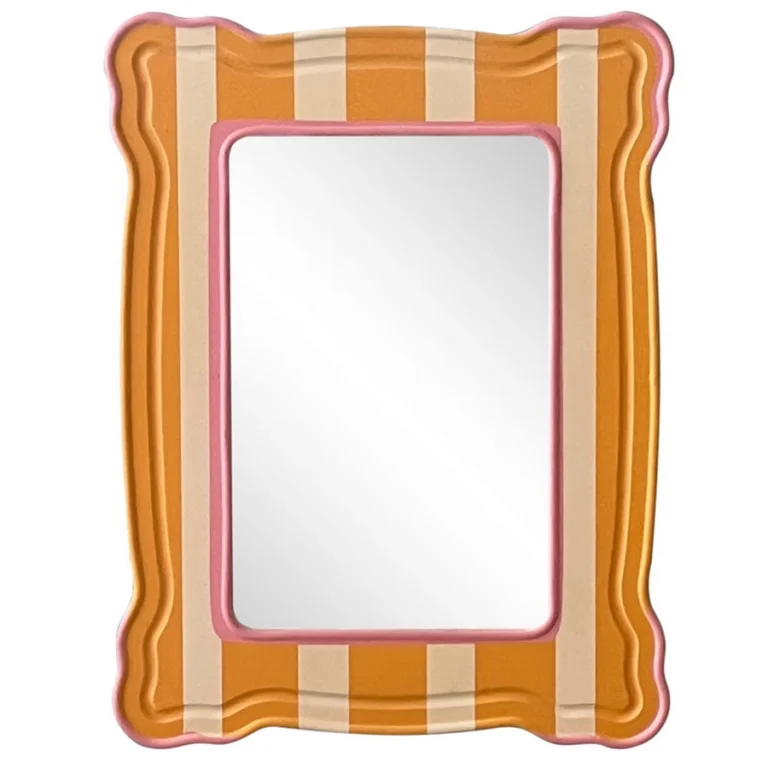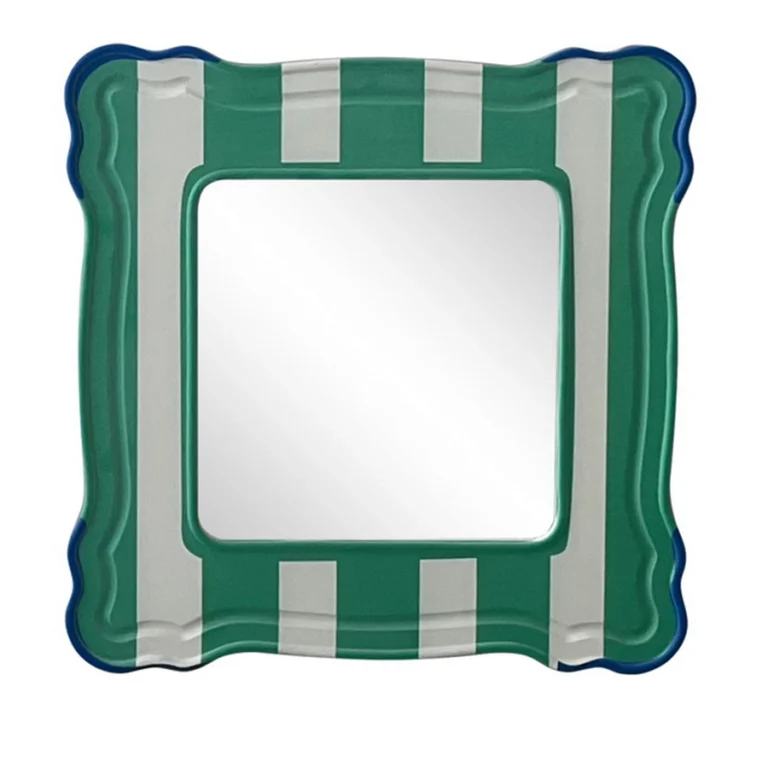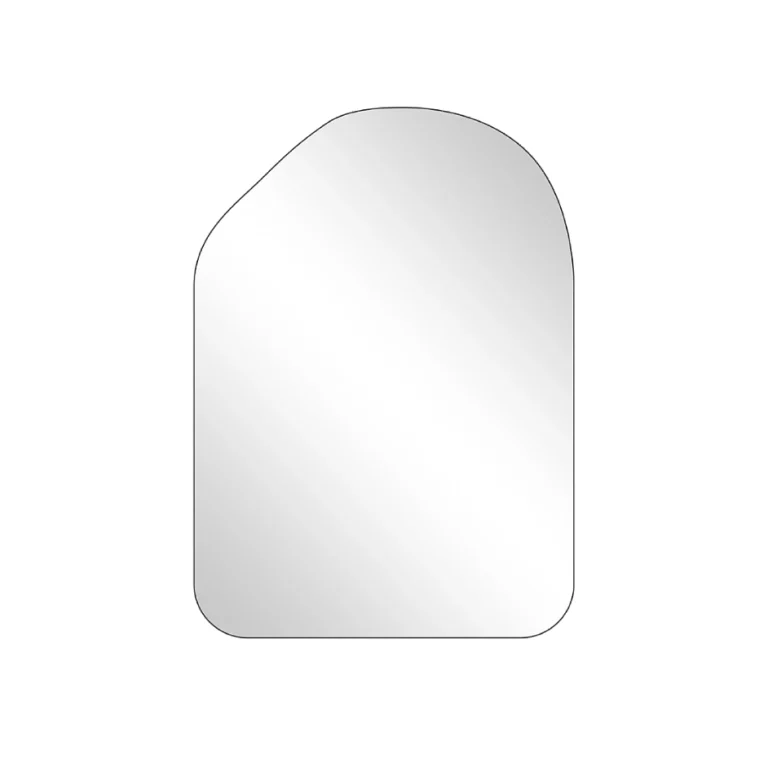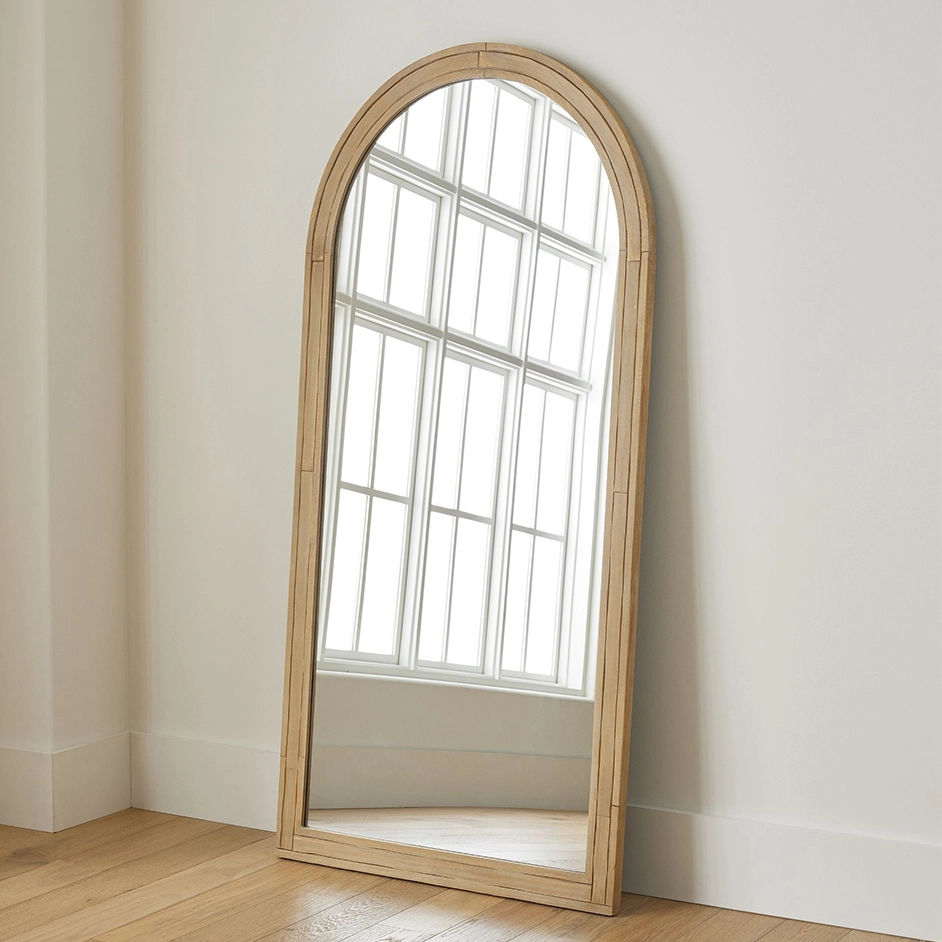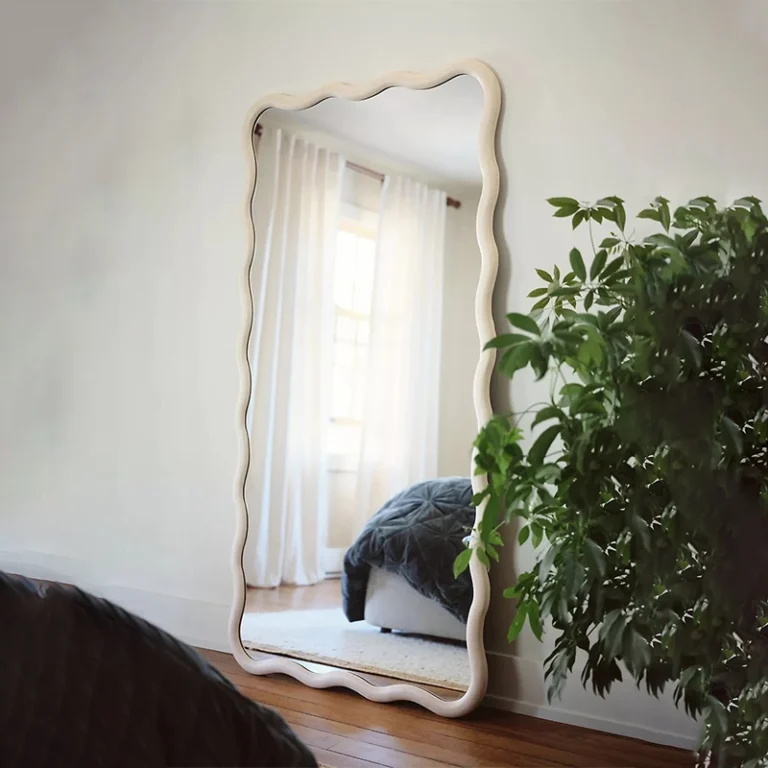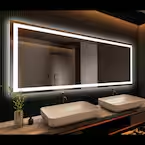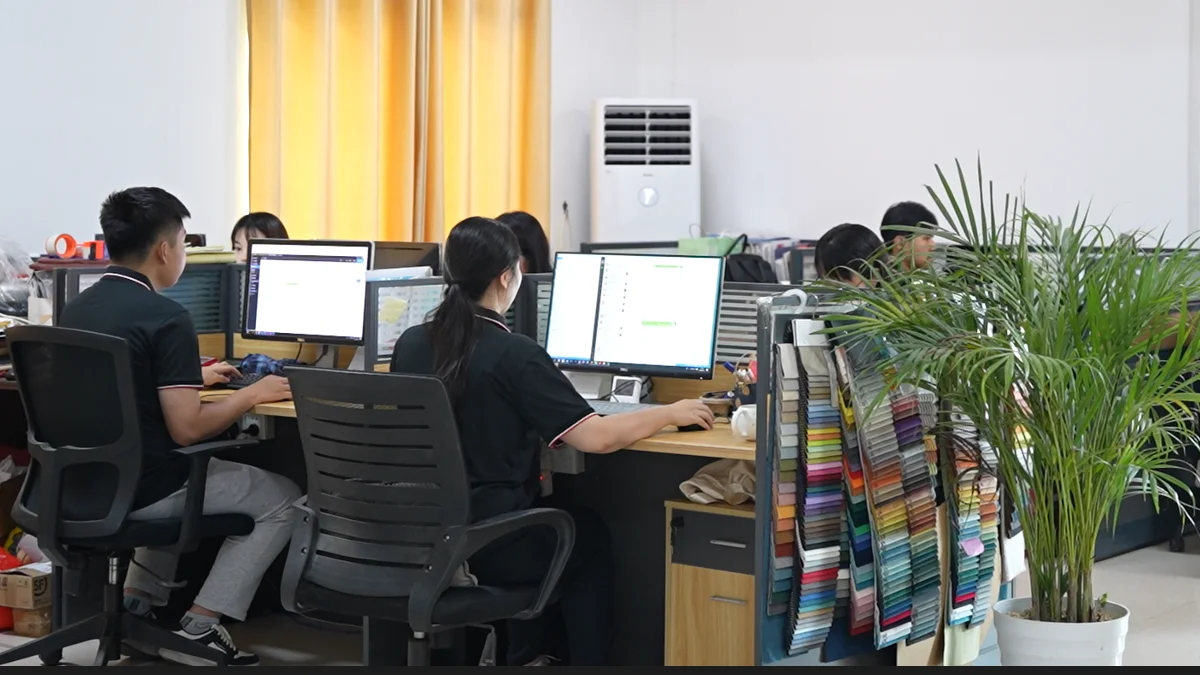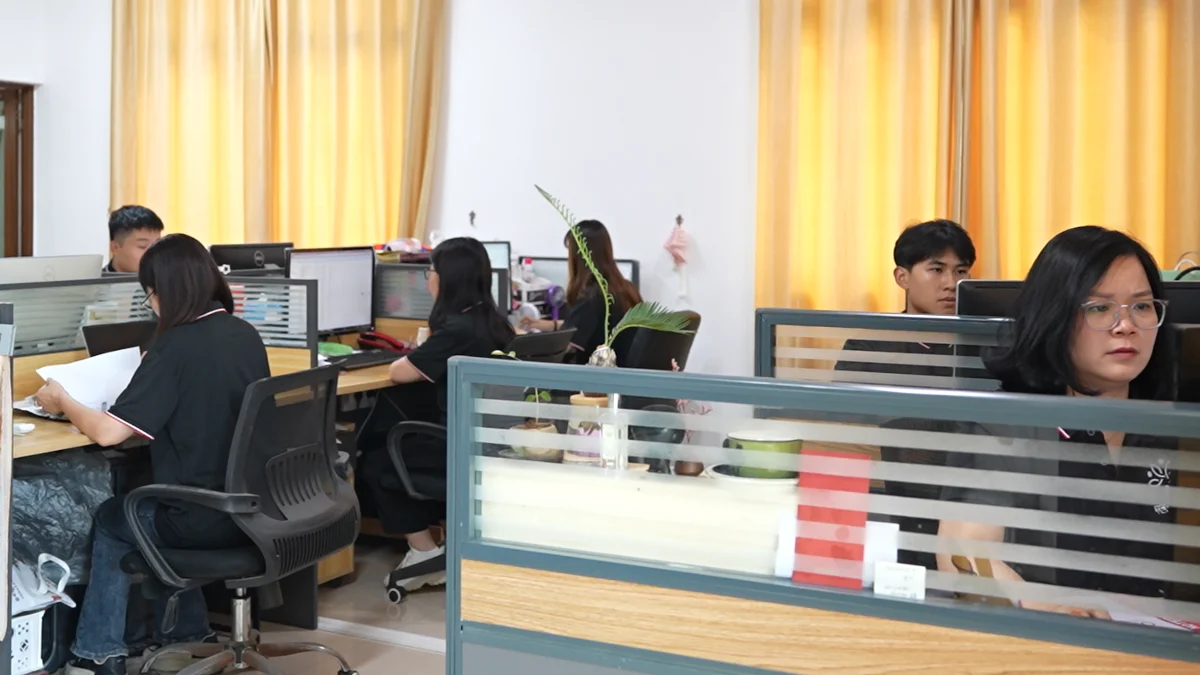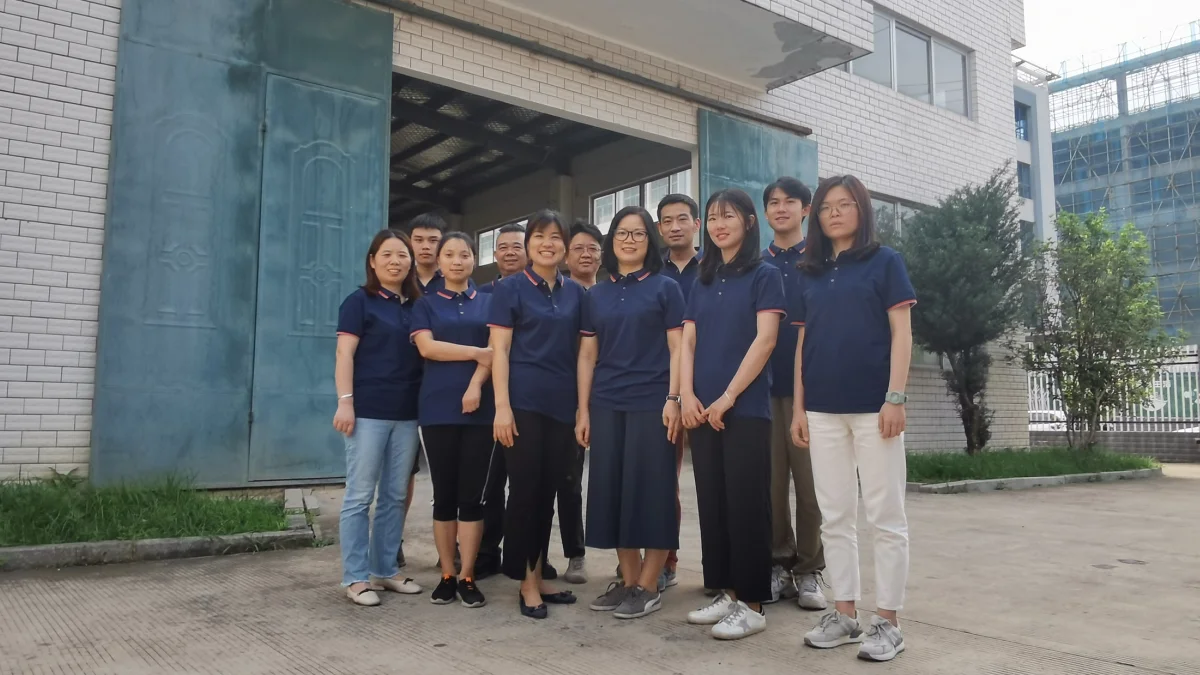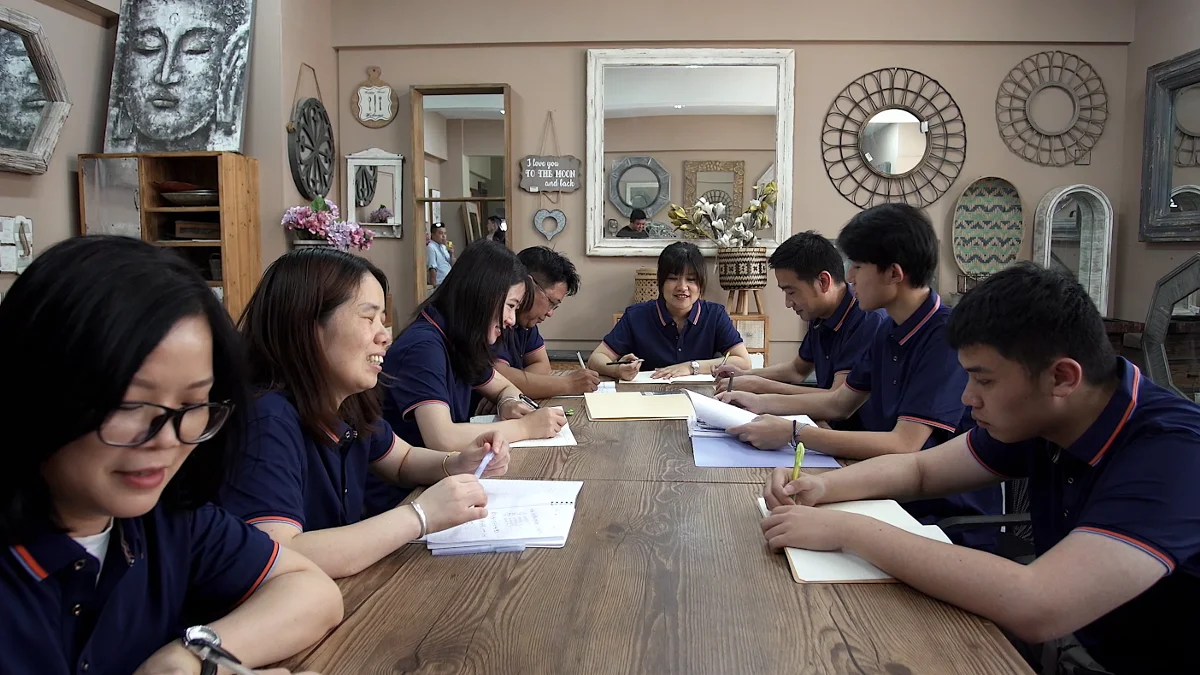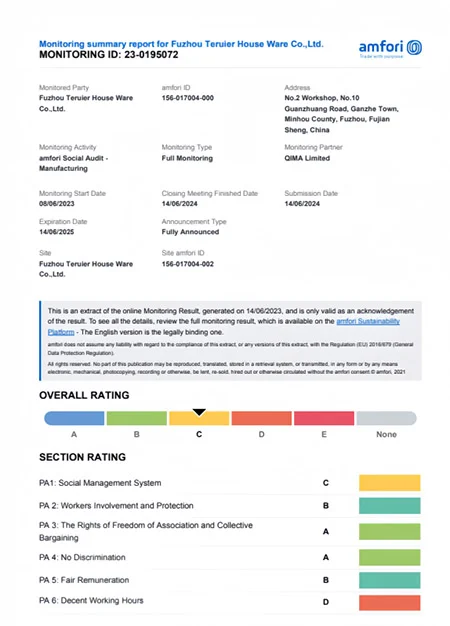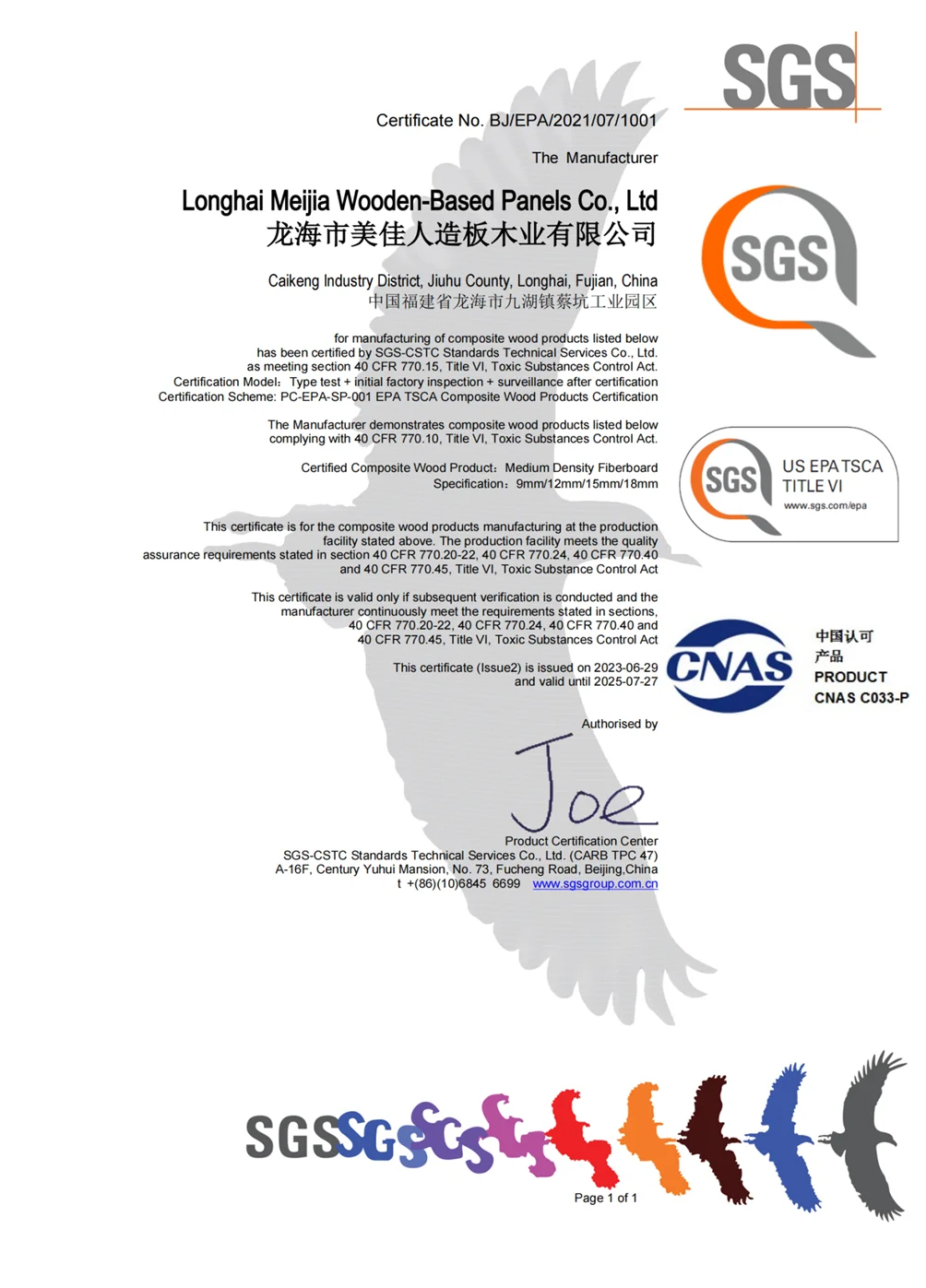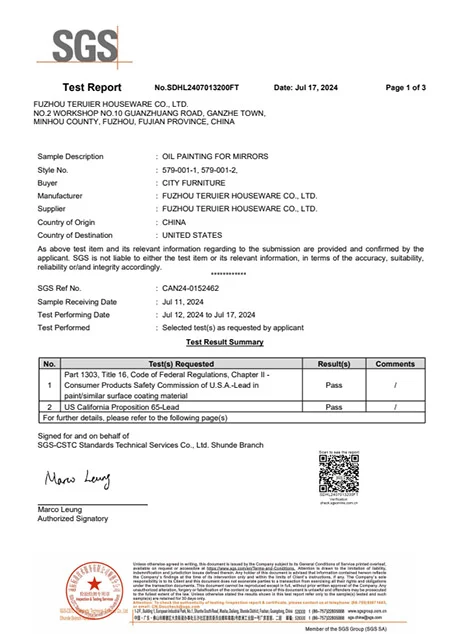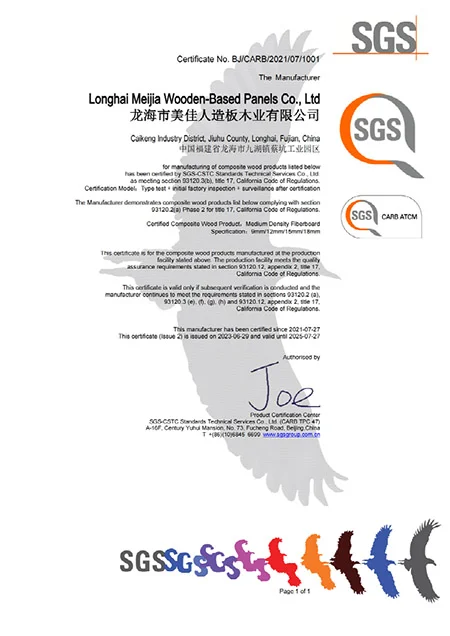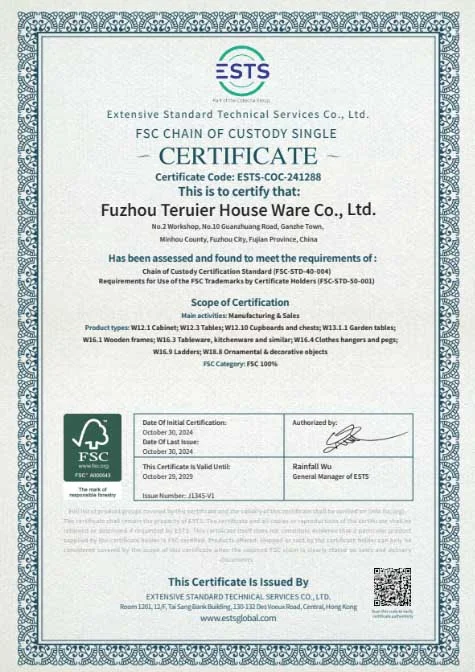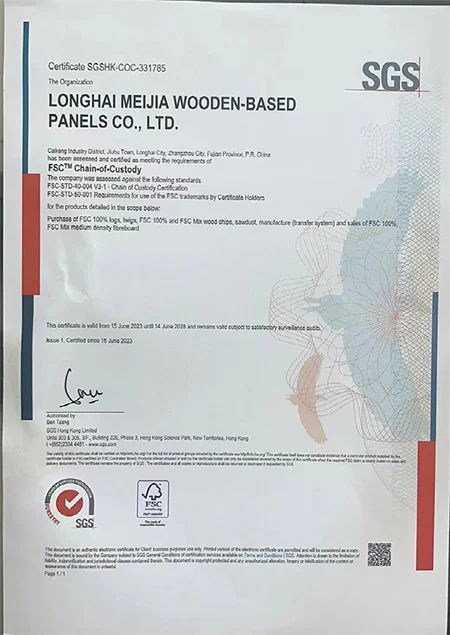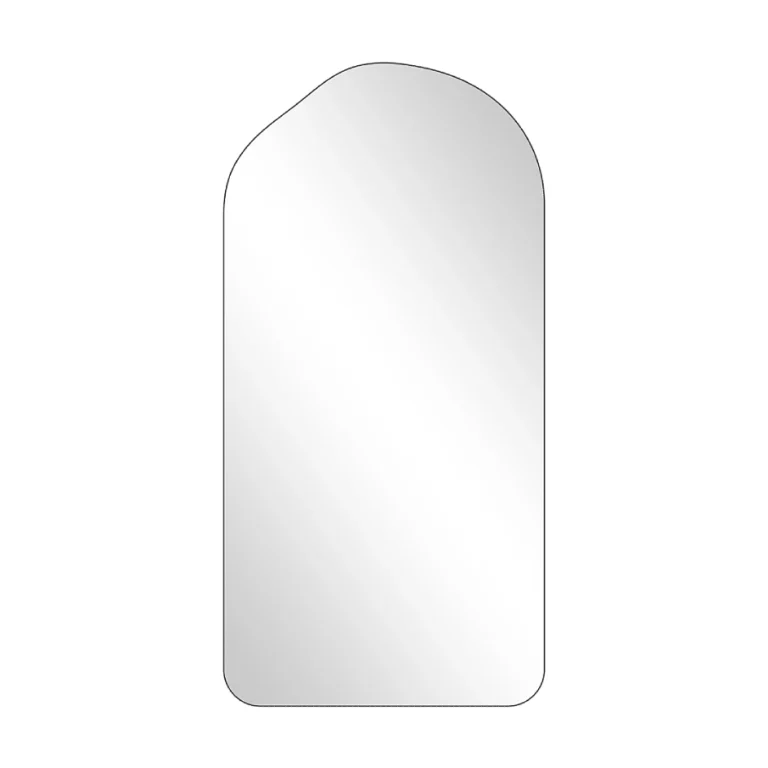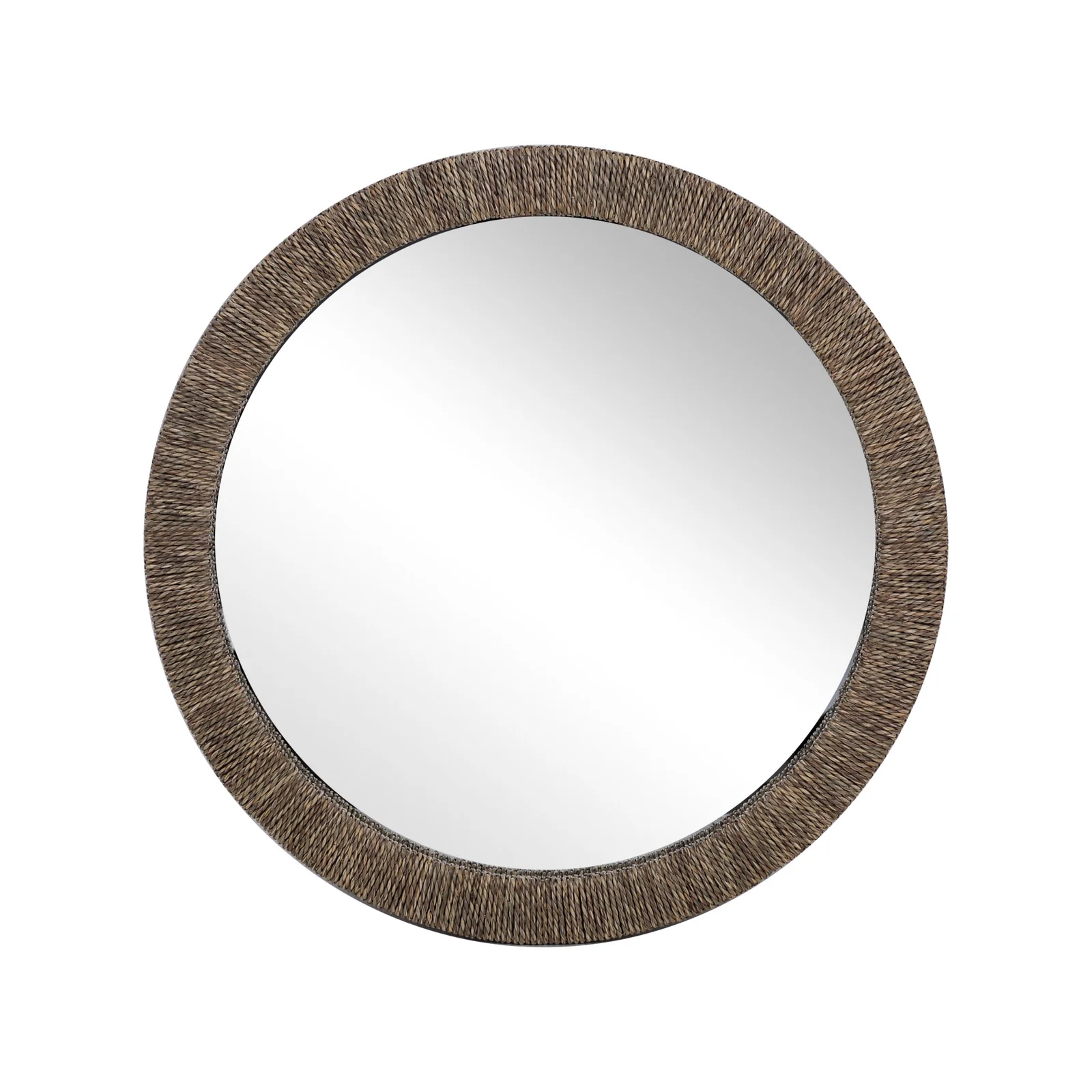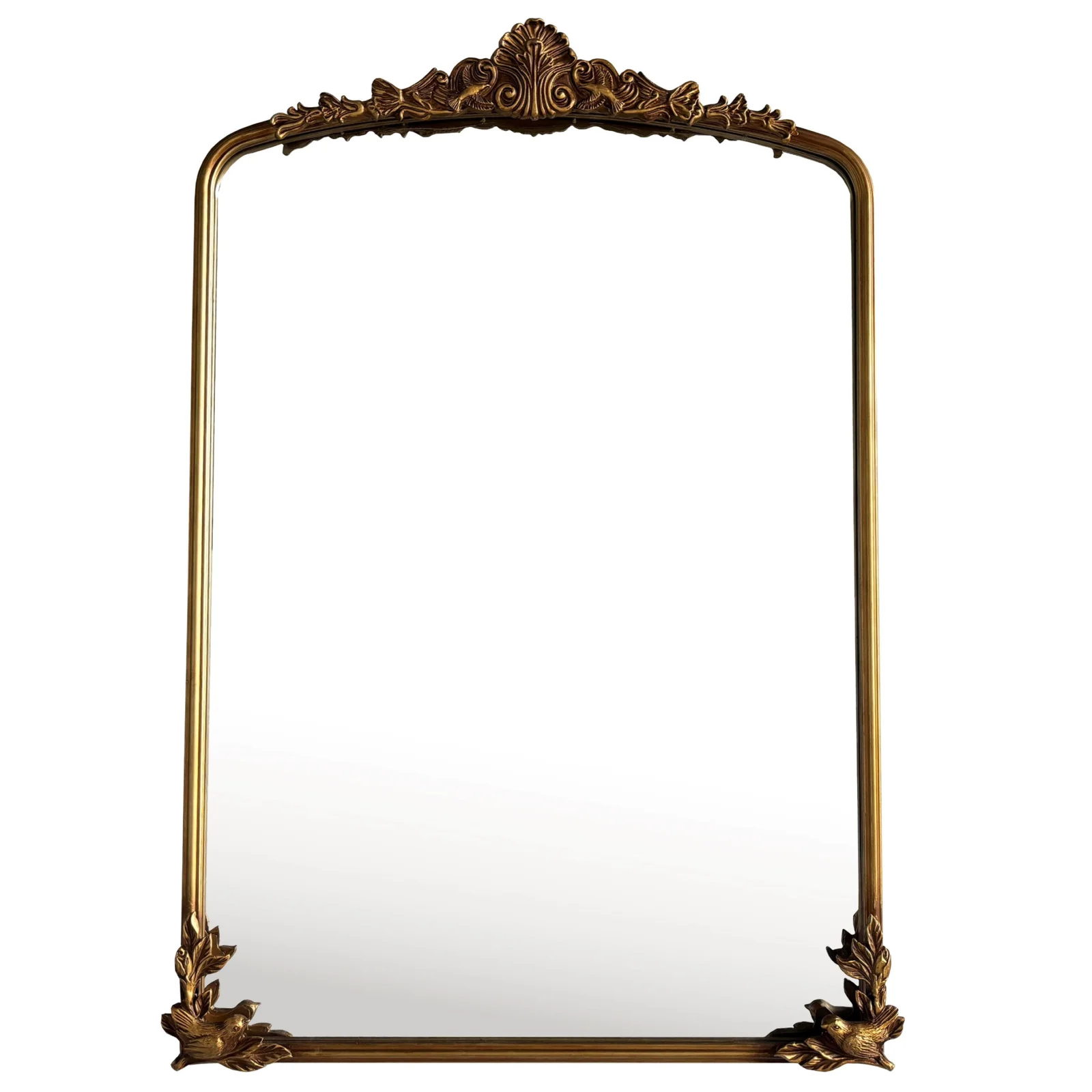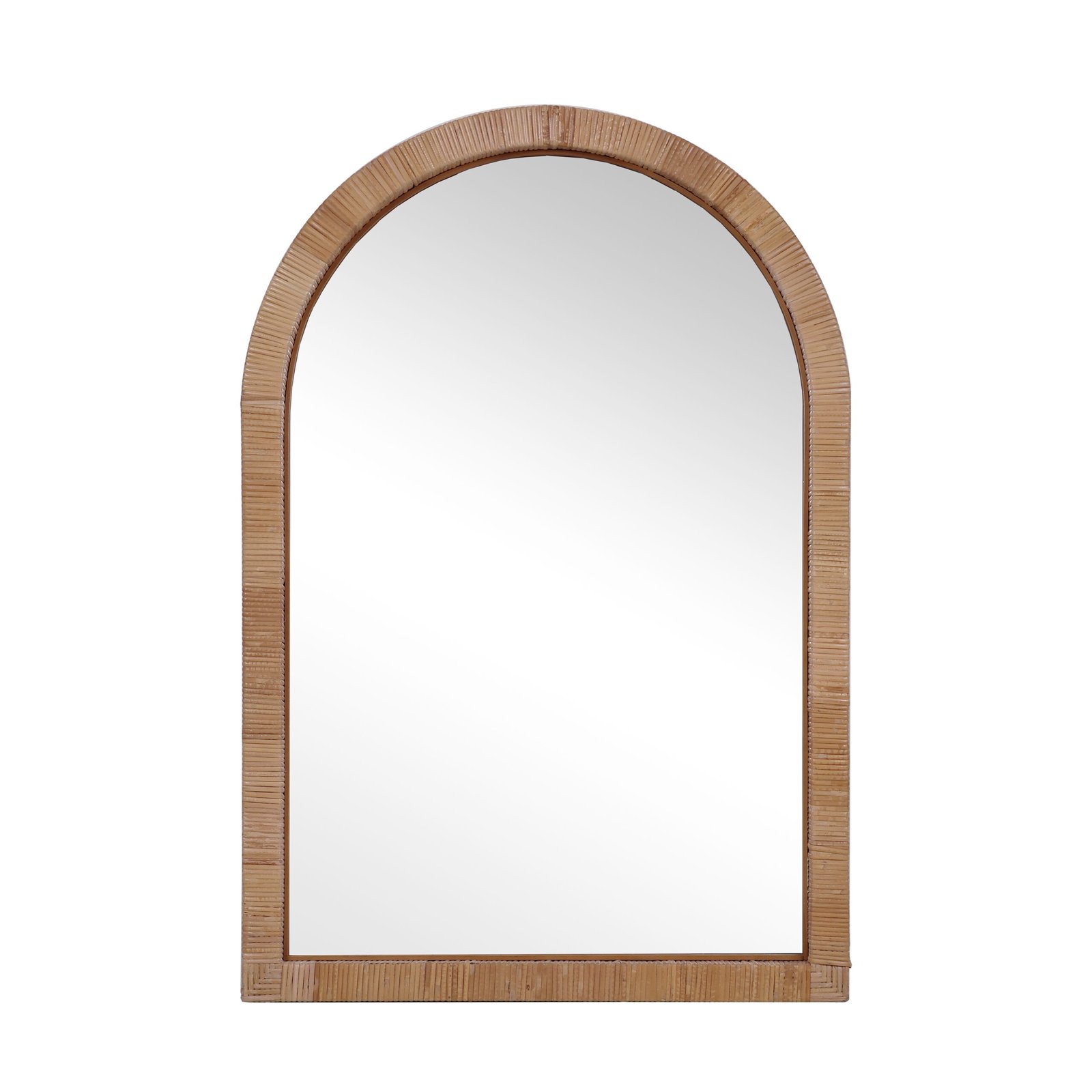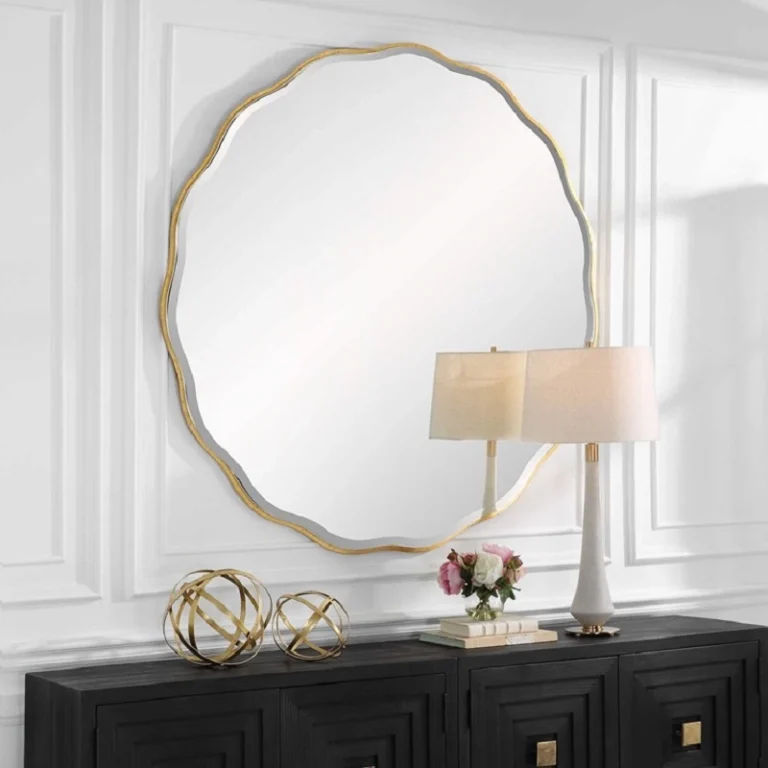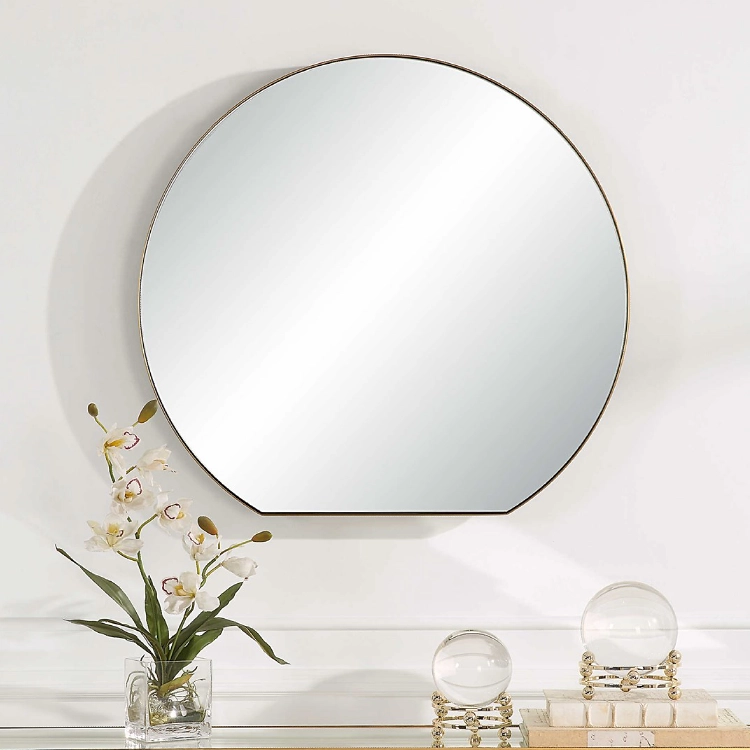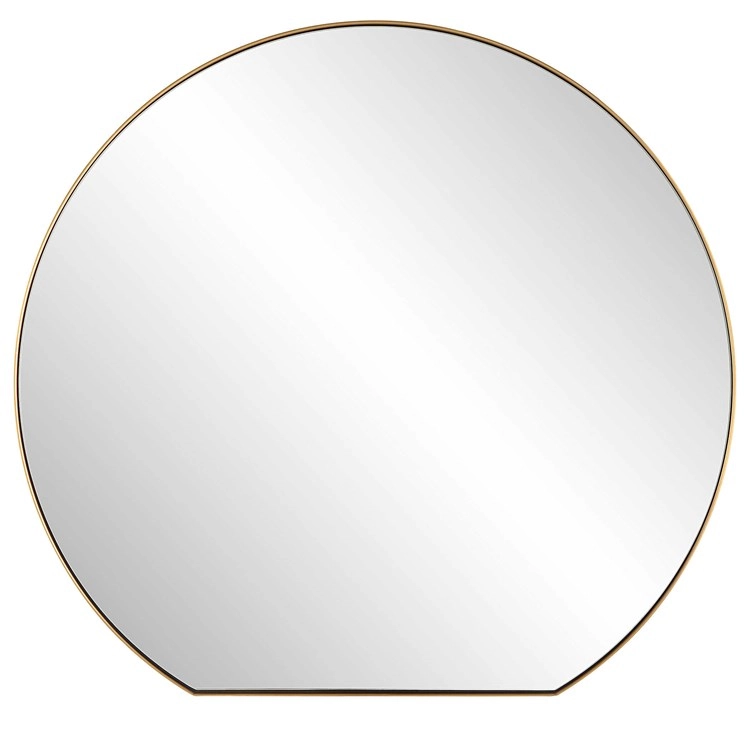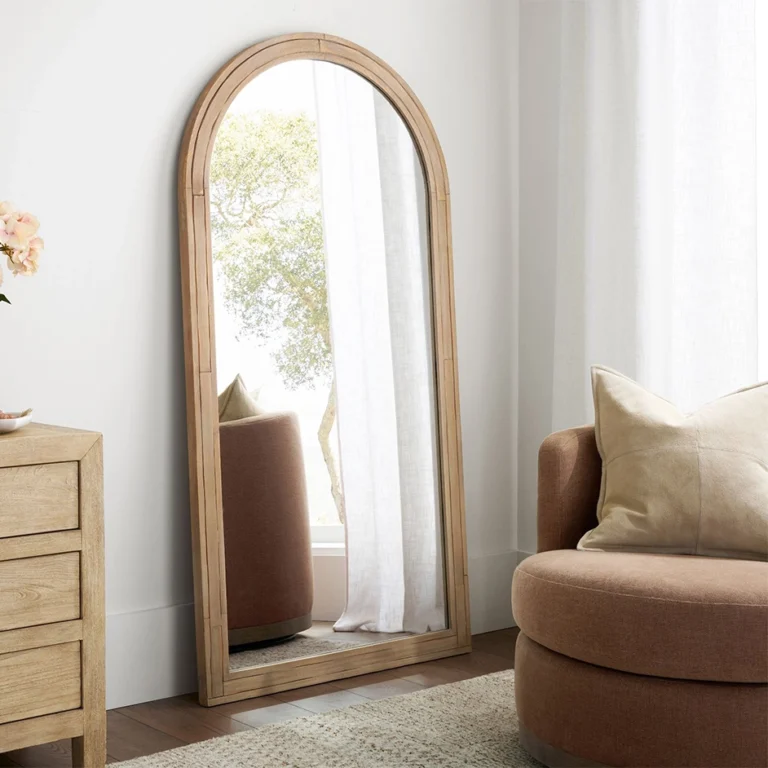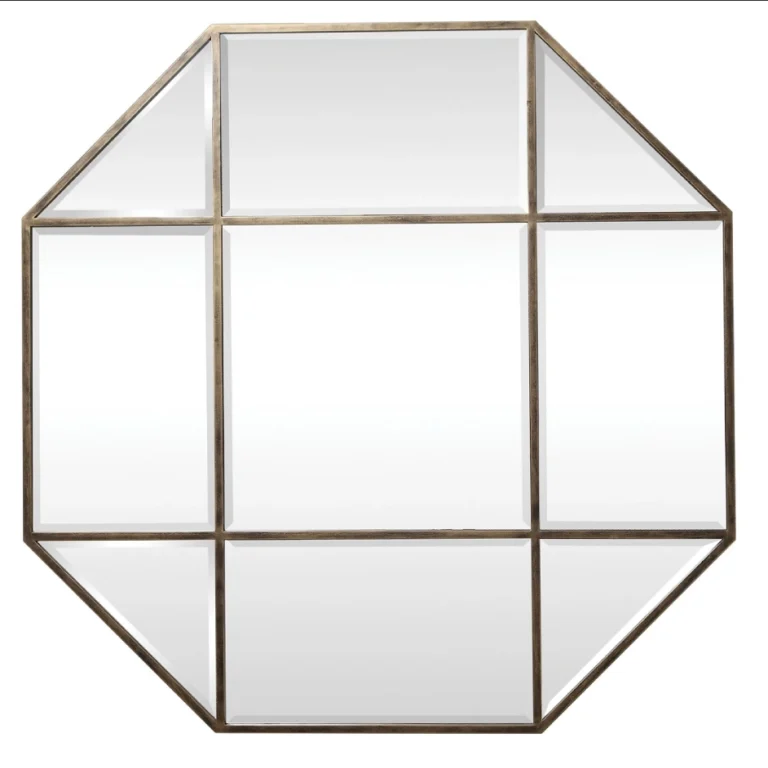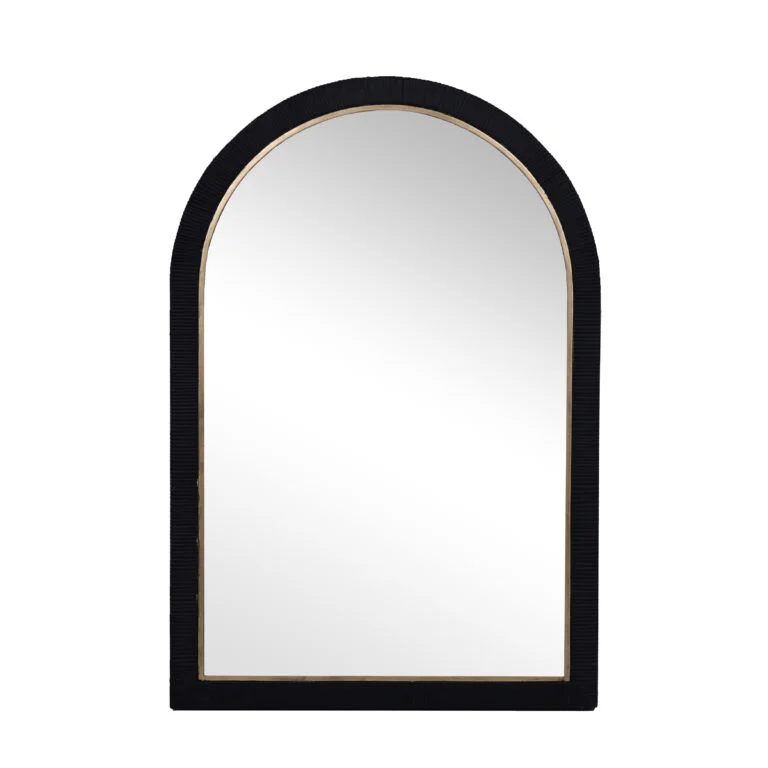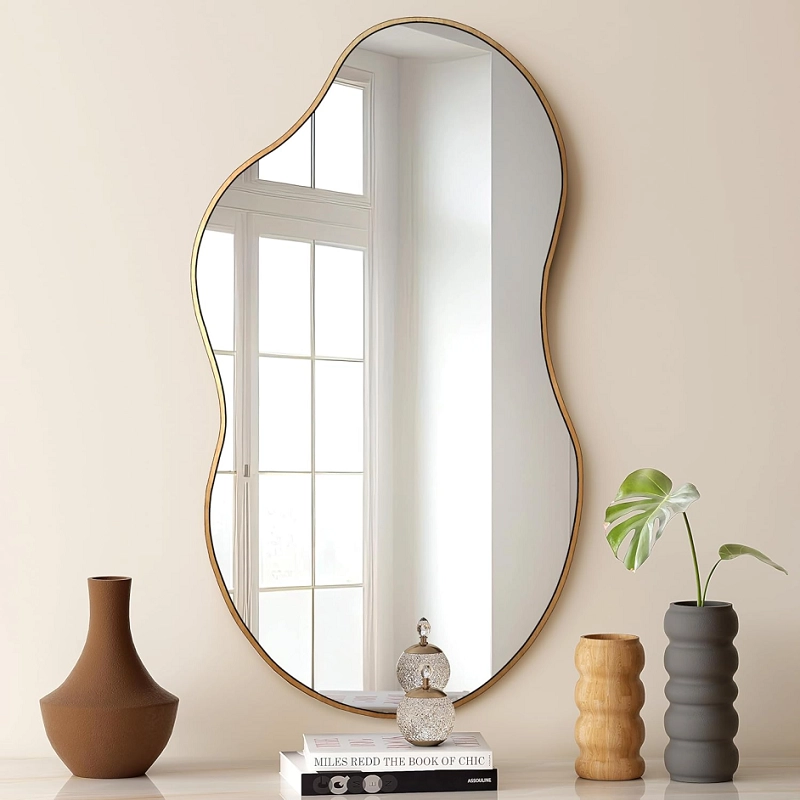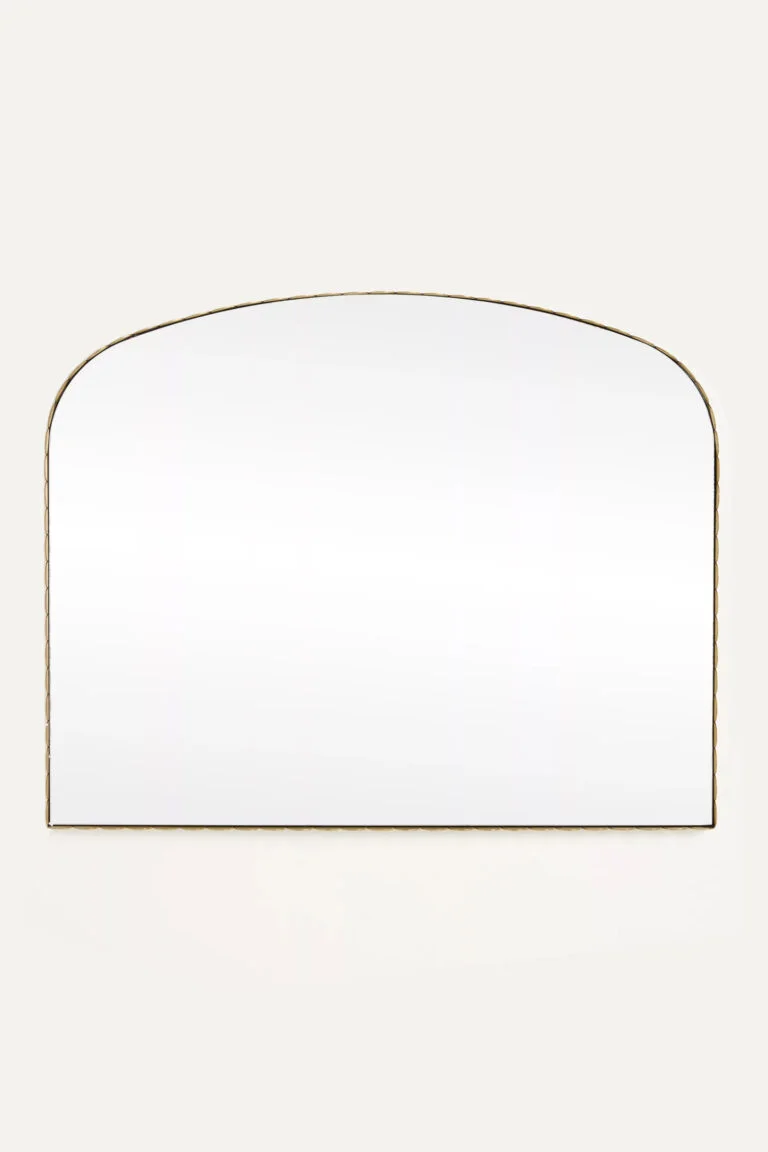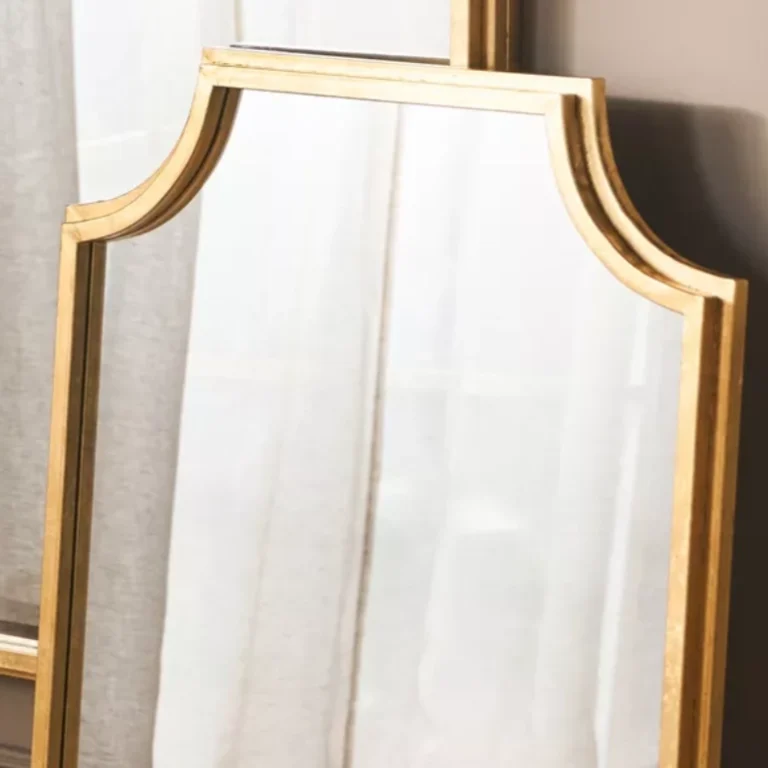techie vanity mirror with Bluetooth Seattle
Of course! A “techie vanity mirror with Bluetooth” is a fantastic project, and Seattle is the perfect place for it, given its tech culture and love for unique gadgets.
Here’s a breakdown of what you’re looking for, including where to find one, what features to look for, and how to approach it as a DIY project, which is very popular in the Seattle maker scene.
Option 1: Buy a Pre-Made Smart Mirror
Several companies manufacture smart mirrors with Bluetooth and other tech features. These are ready to use out of the box.
Popular Brands to Look For:
-
Simplehuman: A leading brand in sensor mirrors. Their higher-end models often include Bluetooth connectivity. For example, the Simplehuman Voice Activated Mirror allows you to control settings with Alexa or Google Assistant (which works via Bluetooth on your phone).
-
HiMirror: Specializes in “smart beauty” mirrors. They often feature Bluetooth speakers for playing music or podcasts while you get ready.
-
Lumee: Known for their lighting, some of their vanity setups integrate with apps and potentially Bluetooth for control.
Where to Buy in Seattle:
-
The Container Store (South Lake Union or Bellevue): They carry a wide range of Simplehuman products and often have displays set up.
-
Bed Bath & Beyond (Various locations): Another reliable retailer for brands like Simplehuman.
-
Apple Store (University Village or Downtown): While they don’t sell mirrors, they sell high-quality Bluetooth speakers and smart home devices you could pair with a mirror.
-
Best Buy (Various locations): They may carry tech-forward home goods and Bluetooth speaker lights.
Option 2: The Seattle Maker’s Choice: DIY a Smart Mirror
This is the true “techie” route and is incredibly popular. You build a mirror with a two-way mirror, a monitor behind it, and a small computer (like a Raspberry Pi) to run it. You can then integrate any feature you want, including Bluetooth.
Why DIY in Seattle?
-
Access to Parts: You have easy access to stores like Vetco Electronics in Bellevue for components.
-
Community Support: Seattle has a huge maker community. You can find help or inspiration at places like Metrix Create: Space (a maker space on Capitol Hill) or through groups on Meetup.com.
Basic Components You’d Need:
-
Two-Way Mirror (aka Beam Splitter): The core of the project. When a screen is off, it’s a mirror. When on, information shows through.
-
Computer Monitor: To display the information behind the mirror.
-
Single-Board Computer: A Raspberry Pi is the most common choice. It’s cheap, powerful, and has built-in Bluetooth.
-
Frame: To house everything. You can build this yourself or modify an existing picture frame.
-
Bluetooth Module/Speaker: The Raspberry Pi has Bluetooth built-in, so you can pair it directly with Bluetooth speakers or headphones for audio.
How Bluetooth Integrates:
-
Audio Output: Pair the mirror with a Bluetooth speaker for music, podcasts, or news while you get ready.
-
Audio Input: Use a Bluetooth microphone for voice control (e.g., “Hey Mirror, what’s the weather?”).
-
Data Syncing: The mirror’s software could theoretically sync data via Bluetooth with your phone or fitness tracker.
Seattle-Specific DIY Resources:
-
Metrix Create: Space (Capitol Hill): A fantastic maker space with tools (laser cutters, 3D printers), classes, and a community that can help you build it.
-
Vetco Electronics (Bellevue): The best local store for Raspberry Pis, sensors, wires, and all other electronic components. Their staff is very knowledgeable.
-
The Woodcraft Store (Bellevue): For high-quality wood and tools if you want to build a custom frame.
Seattle-Themed Tech Features to Consider
Since you’re in Seattle, why not make your mirror locally relevant? The magic mirror software (like MagicMirror²) is modular. You can add features like:
-
OneBusAway Module: Get real-time transit information for your bus, Link light rail, or ferry right in the mirror. Essential for any Seattle commute.
-
Weather Module: Get hyper-local weather forecasts. Because you never know when the sun will break through or the drizzle will start.
-
Seattle News Feed: Headlines from The Seattle Times, KUOW, or TechCrunch.
Summary & Recommendation
-
For Convenience: Buy a Simplehuman Bluetooth/Smart Speaker Mirror from The Container Store. It’s the easiest, most polished solution.
-
For the True Techie Experience: DIY it! It’s a rewarding project. Head to Vetco Electronics to grab a Raspberry Pi kit and a two-way mirror sheet from an online retailer. Use the MagicMirror² platform and add a Bluetooth speaker for sound. It’s the ultimate Seattle vanity project.
Generally speaking, our order requirements are as follows: the minimum order quantity (MOQ) for large items is 50 pieces, for regular items it is 100 pieces, for small items it is 500 pieces, and for very small items (such as ceramic decorations) the MOQ is 1,000 pieces. Orders exceeding $100,000 will receive a 5% discount. The delivery timeline is determined based on the specific order quantity and production schedule. Typically, we are able to complete delivery within two months.
